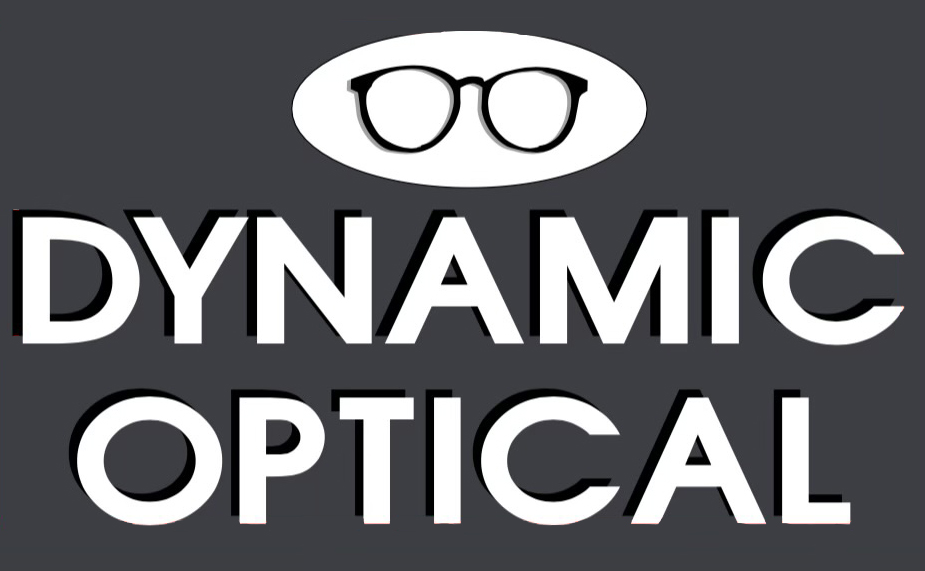Understanding Macular Degeneration: Symptoms, Treatment, and Prevention
Macular degeneration is a medical condition that affects the central part of the retina, which is responsible for our ability to see fine details. It is one of the leading causes of vision loss worldwide, especially among older adults. This article aims to provide a comprehensive overview of macular degeneration, including its symptoms, treatment options, and prevention strategies.
What is Macular Degeneration?
Macular degeneration is a progressive eye disease that results in the deterioration of the macula, a small area in the center of the retina responsible for sharp, central vision. It affects the ability to read, drive, recognize faces, and perform other activities that require fine, detailed vision. There are two types of macular degeneration: dry and wet.
Dry Macular Degeneration
Dry macular degeneration is the most common form of the disease, accounting for about 85-90% of all cases. It occurs when the light-sensitive cells in the macula gradually break down, causing blurred or distorted vision. Dry macular degeneration typically progresses slowly and can take years to cause significant vision loss.
Wet Macular Degeneration
Wet macular degeneration is less common but more severe than dry macular degeneration. It occurs when abnormal blood vessels grow under the retina, leaking fluid and blood, which can quickly damage the macula and cause severe vision loss. Wet macular degeneration can cause rapid and severe vision loss, sometimes within days or weeks.
Who is at Risk for Macular Degeneration?
Macular degeneration is most common in people over the age of 60, but it can occur earlier in life. Other risk factors for macular degeneration include:
- Family history of macular degeneration
- Smoking
- Obesity
- High blood pressure
- High cholesterol
- Excessive sun exposure
- Poor diet
- Cardiovascular disease
What are the Symptoms of Macular Degeneration?
Macular degeneration typically starts with mild or no symptoms and gradually progresses over time. The symptoms of macular degeneration may include:
- Blurred or distorted vision
- Reduced central vision
- Difficulty seeing fine details
- Difficulty recognizing faces or reading
- Dark or empty spots in the central vision
- Changes in color perception
How is Macular Degeneration Diagnosed?
Macular degeneration is usually diagnosed during a comprehensive eye exam, which includes:
- Visual acuity test to measure how well you see at various distances
- Dilated eye exam to examine the back of your eye for signs of macular degeneration
- Fluorescein angiogram to detect abnormal blood vessels in the retina
- Optical coherence tomography (OCT) to create detailed images of the retina
What are the Treatment Options for Macular Degeneration?
While there is no cure for macular degeneration, there are several treatment options available to slow down its progression and prevent further vision loss. The treatment options for macular degeneration may include:
Injections
Injections of anti-VEGF drugs can help reduce the growth of abnormal blood vessels and slow down the progression of wet macular degeneration. These injections are usually given in a series of monthly treatments.
Laser Therapy
Laser therapy can be used to destroy abnormal blood vessels in the retina, but it is less common than injections.
Vitamin Supplements
Certain vitamins and minerals, such as vitamin C, vitamin E, zinc, and copper, may help slow down the progression of macular degeneration in some people.
What are the Pros and Cons of Macular Degeneration Treatment?
Like any medical treatment, macular degeneration treatment options have their pros and cons. Some of the pros and cons of macular degeneration treatment include:
Pros
- Slows down the progression of macular degeneration
- May prevent further vision loss
- May improve vision in some cases
Cons
- May require multiple injections or treatments
- May cause side effects, such as eye pain, redness, or infection
- May not work for everyone
- Can be expensive
It is important to discuss the potential benefits and risks of macular degeneration treatment with your eye doctor to determine the best course of action for your individual needs.
What are the Alternative Treatments for Macular Degeneration?
While there is no cure for macular degeneration, there are several alternative treatments that may help slow down its progression and improve vision, including:
Healthy Lifestyle Changes
Maintaining a healthy lifestyle, such as eating a nutritious diet, exercising regularly, and not smoking, can help reduce the risk of macular degeneration and slow down its progression.
Low Vision Aids
Low vision aids, such as magnifying glasses, closed-circuit televisions, and electronic reading devices, can help people with macular degeneration read, write, and perform other daily activities.
Acupuncture
Acupuncture may help improve vision in some people with macular degeneration, although more research is needed to determine its effectiveness.
How to Prevent Macular Degeneration?
While there is no guaranteed way to prevent macular degeneration, there are several steps you can take to reduce your risk of developing the disease, including:
- Quit smoking
- Eat a healthy diet rich in fruits, vegetables, and omega-3 fatty acids
- Exercise regularly
- Maintain a healthy weight
- Protect your eyes from UV light by wearing sunglasses and a hat
- Get regular eye exams
Step by Step Guide to Living with Macular Degeneration
Living with macular degeneration can be challenging, but there are several steps you can take to manage the disease and maintain your quality of life, including:
Step 1: Learn about Macular Degeneration
Educate yourself about macular degeneration, its symptoms, and treatment options. Speak with your eye doctor, join a support group, or read online resources to learn more about the disease.
Step 2: Develop a Support System
Reach out to family, friends, or a support group for emotional support and practical assistance. Consider hiring a caregiver to help with daily activities if needed.
Step 3: Use Low Vision Aids
Use low vision aids, such as magnifying glasses or electronic reading devices, to help with reading, writing, and other activities.
Step 4: Adopt Healthy Habits
Maintain a healthy lifestyle by eating a nutritious diet, exercising regularly, not smoking, and getting regular eye exams.
Step 5: Stay Positive
Stay positive and maintain a positive outlook on life. Focus on your strengths, interests, and hobbies to maintain your sense of purpose and joy.
Compare Macular Degeneration Treatments
There are several treatment options available for macular degeneration, each with its own benefits and drawbacks. Some of the common macular degeneration treatments include:
- Injections: Anti-VEGF drugs
- Laser therapy
- Vitamin supplements
- Healthy lifestyle changes
- Low vision aids
It is important to discuss the potential benefits and risks of each treatment option with your eye doctor to determine the best course of action for your individual needs.
Tips for Managing Macular Degeneration
Living with macular degeneration can be challenging, but there are several tips and strategies that can help you manage the disease and maintain your quality of life, including:
- Use low vision aids, such as magnifying glasses or electronic reading devices, to help with reading and other activities.
- Adjust the lighting in your home to reduce glare and improve contrast.
- Label items in your home to help you find them more easily.
- Develop a routine for daily activities, such as cooking or cleaning, to make them easier and more manageable.
- Stay active and engaged in hobbies and activities that you enjoy.
The Best Foods for Macular Degeneration
Eating a healthy, balanced diet is important for maintaining eye health and reducing the risk of macular degeneration. Some of the best foods for macular degeneration include:
- Leafy green vegetables, such as spinach, kale, and collard greens
- Fruits, such as berries, oranges, and mangoes
- Fatty fish, such as salmon, tuna, and mackerel
- Nuts and seeds, such as almonds and sunflower seeds
- Whole grains, such as brown rice and whole wheat bread
These foods are rich in vitamins, minerals, and antioxidants that can help protect and nourish the eyes.
Conclusion
Macular degeneration is a progressive eye disease that can cause severe vision loss if left untreated. While there is no cure for macular degeneration, there are several treatment options available to slow down its progression and prevent further vision loss. It is important to discuss the potential benefits and risks of each treatment option with your eye doctor to determine the best course of action for your individual needs. Additionally, maintaining a healthy lifestyle, protecting your eyes from UV light, and getting regular eye exams can help reduce your risk of developing macular degeneration.
FAQs
1. Can macular degeneration be cured?
No, there is currently no cure for macular degeneration. However, there are several treatment options available to slow down its progression and prevent further vision loss.
2. Is macular degeneration hereditary?
Yes, macular degeneration can be hereditary. People with a family history of macular degeneration are at a higher risk of developing the disease.
3. Can macular degeneration be prevented?
While there is no guaranteed way to prevent macular degeneration, maintaining a healthy lifestyle, protecting your eyes from UV light, and getting regular eye exams can help reduce your risk of developing the disease.
4. Can macular degeneration affect both eyes?
Yes, macular degeneration can affect both eyes, although it may progress at different rates in each eye.
5. Can low vision aids help with macular degeneration?
Yes, low vision aids, such as magnifying glasses, closed-circuit televisions, and electronic reading devices, can help people with macular degeneration read, write, and perform other daily activities.

